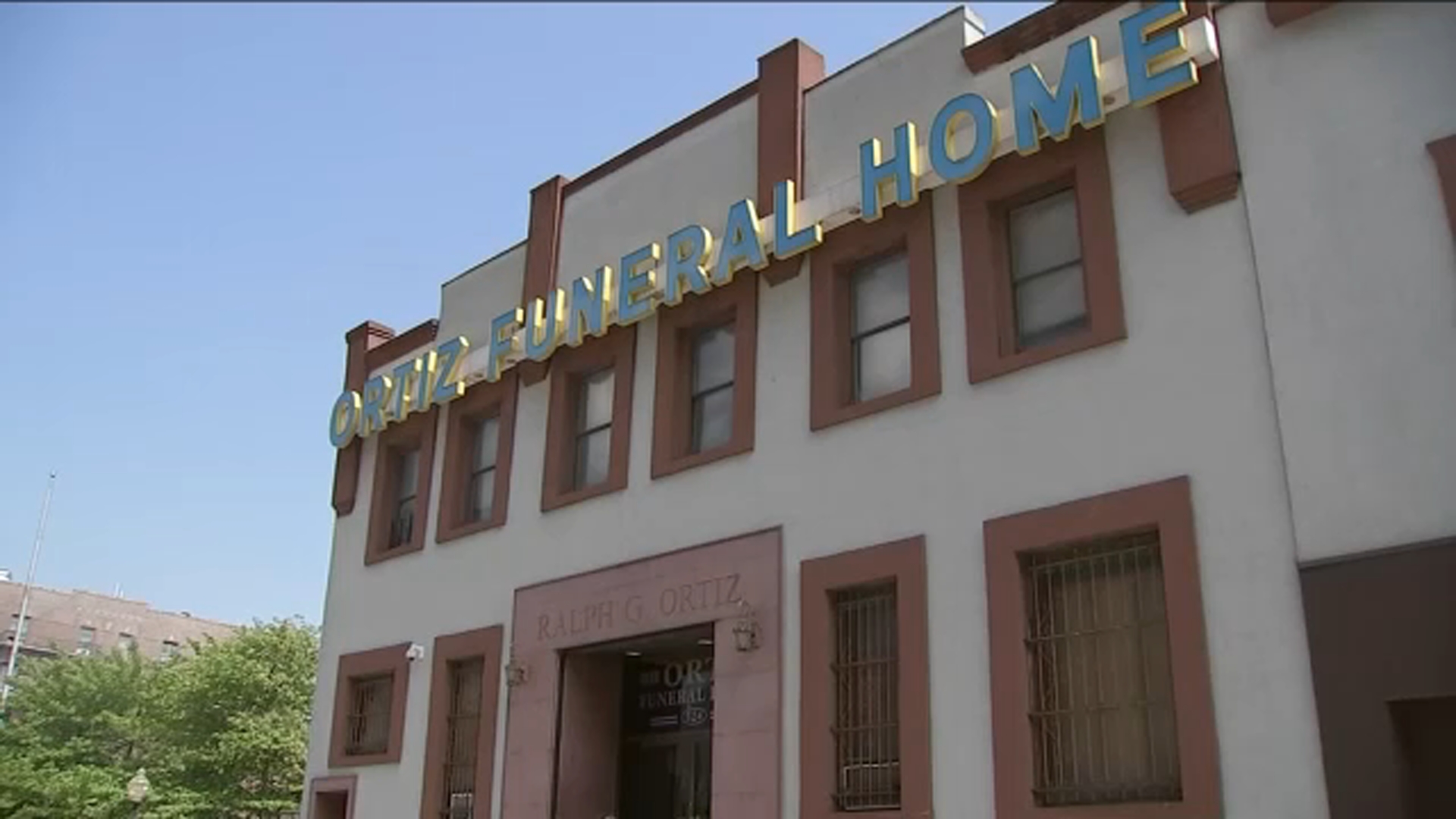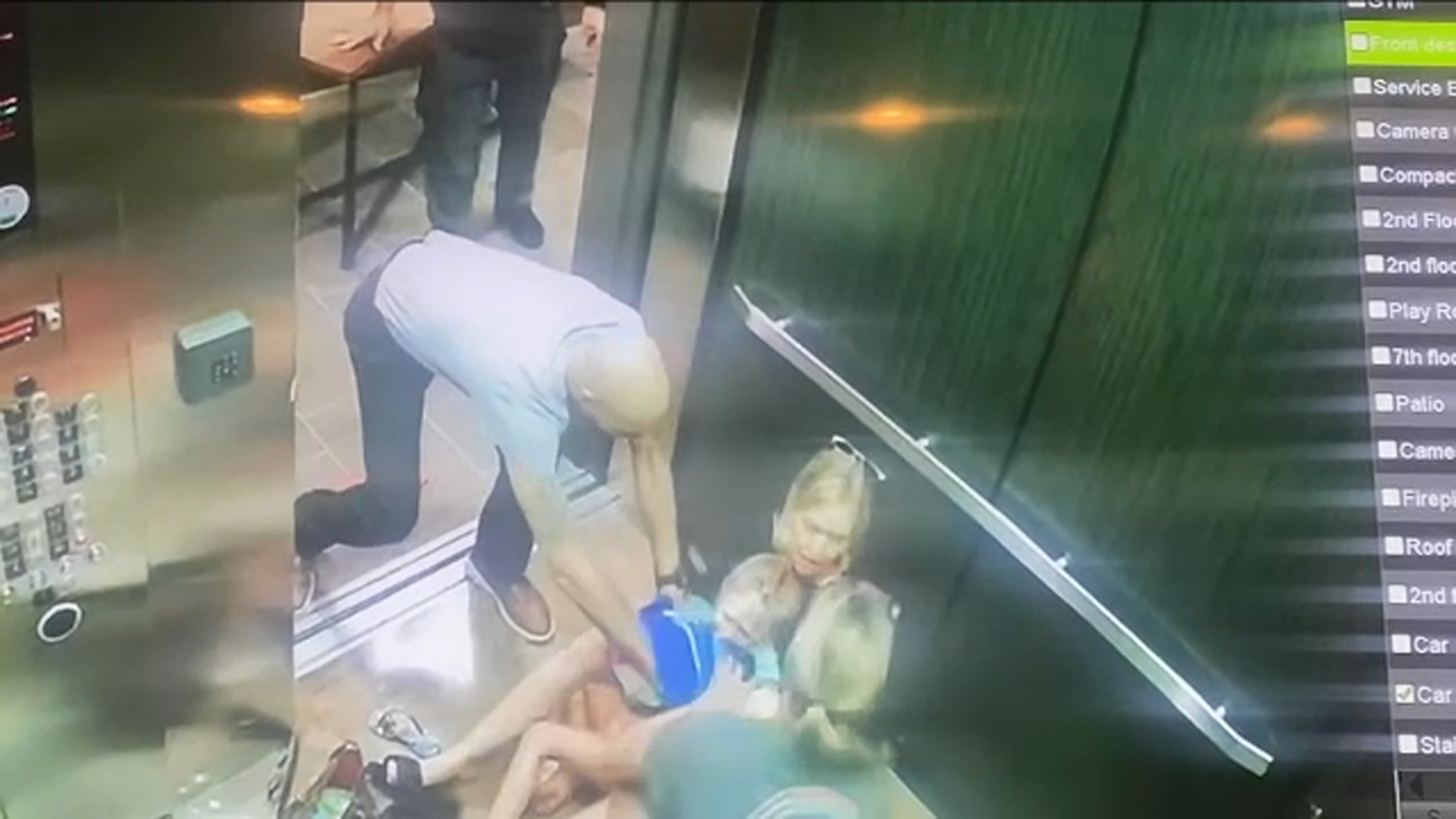Inside Brendan Smith's transition from defenseman to forward

On Brendan Smith's 29th birthday, he thought his time with the New York Rangers was over. And maybe his NHL career, too.
On Feb. 8, 2018, Rangers management sent a letter out to fans signaling a rebuild. Then they put Smith on waivers.
Smith was less than eight months into a four-year, $17.4 million contract, with expectations that he would be a top-four defenseman. But his first full season in New York was a disaster. "Things didn't go well with our team off the bat," Smith said. "We didn't play very well, and I had a very short leash. At the moment, I felt like the Rangers gave up on me."
He waited for the rest of his birthday to see if anyone would claim him. They didn't, and he was relegated to the minors. "I could have been picked up by another team," Smith said. "But it meant no other team thought I was worth my contract." His confidence was shot. "There were some dark moments," Smith said. "In an Original Six market, everyone knows hockey. There were a lot of tough articles. Reading those articles, you don't believe you are an NHL player. You question whether you were ever good enough."
Smith relied on support from his wife, Samantha, and younger brother, Reilly, a forward with the Vegas Golden Knights. "He had a lot of pride," Reilly Smith said. "He felt like he could definitely play in the NHL as a regular defenseman. I felt the same way, and sometimes some people just don't see the situation the same way you do."
Friends and former coaches across the NHL texted Smith old articles about himself to help remind him of how talented he was. After all, Smith was a first-round NHL draft pick, a finalist for the Hobey Baker Award at Wisconsin, and had played nearly seven NHL seasons to that point, mostly with the Detroit Red Wings. "How can you erase the seven years before this because of one bad half-season?" Samantha would ask.
Smith spent the rest of the season in Hartford, Connecticut, with the AHL Wolfpack. And then he made a commitment to himself. "Everyone goes through hard times. The question is, 'How are you going to react to it?'" Smith said. "My parents taught me growing up not to give up, roll over and play dead. It's all about working hard and adapting and trying to find that next job or next outlet."
Nearly two years later, Smith is back as an important member of the Rangers because he reinvented himself. He's now playing forward (while still taking shifts on defense for the penalty kill). "If that has happened in the NHL before, it doesn't happen very often," Reilly Smith said. The transformation gave Brendan Smith a new lease on his contract with the Rangers -- and his hockey career.
"When a player gets put in a situation like that, when they are told to switch roles, it's pretty disheartening," Reilly Smith said. "Ninety percent of the time you're going to look at it in a negative aspect. Brendan did a great job taking the positive out of the situation. It's really easy to just get down on yourself and just blame the world, but that's something Brendan didn't do. Instead, he tried to get better and worked hard, and that's definitely pretty inspiring."
The summer after his stint in Hartford, Smith stayed in Connecticut and worked with trainer Ben Prentiss. Teammate Chris Kreider was Smith's workout partner. And they worked hard.
"Chris is an absolute freak," Smith said. "I try to emulate him or try to keep up with him -- which is almost impossible -- but it's a good partnership .He wants to beat me in every exercise --every exercise, no matter what it is. I feel like I'm no slouch, so we push each other."
Smith made the Rangers roster for 2018-19, but he understood his place on the team was different. "In [coaching and management's] mind, they wanted to move on and transition the younger defensemen through the organization quicker," Smith said.
So midway through last season, coach David Quinn approached Smith with an idea: Would he try switching to forward?
Smith had played forward growing up. He was actually on a line with John Tavares and Sam Gagner in bantam. But at 15, Smith moved to defense, felt comfortable back there, and never looked back. Now he had to.
At first, Rangers coaches pitched it as a trial. It was a learning experience for everyone. "My first game at forward, I played a little forward and defense," Smith said. "Quinn would call my name to go play fourth line, then right after that [assistant coach] Lindy Ruff would call my name to play defense, so I had to listen to both coaches. One time it got confusing because I was on the ice as a defenseman and then Quinn called me to play as a forward, and I wasn't there. A couple times I got double-shifted -- which was kind of nice for me because the more minutes I play, the happier I am."
Smith admitted he was "definitely nervous the first game."
"I understood the game enough where I felt somewhat prepared, but there are certain areas that are tough for guys that have even played forward forever -- getting the pucks out on the walls and those areas. Playing as a forward, you're balls to the wall a bit. You're forechecking. You're almost never not skating. You're skating as a defenseman, but it's a different type of skating. As a forward, you're huffing and puffing a little more coming off. As a defenseman, you are reading the play a little more, and then as a forward you are reacting to the play a little more."
Smith is clear on the fundamental question: He prefers playing defense. "Obviously, I played my whole career there, so it feels more comfortable to me. I see the ice a little better. I tend to play a physical game, so it helps in front of the net and stuff like that."
But in conversations with Quinn, Smith remained open-minded. "I basically told Coach, 'I want to play, and I want to help this team win, any way I can. If this is the way you think you can best utilize me or help the team, I'll do it.'"
This past summer, Smith returned to his family's cottage in Cape Breton, Nova Scotia. This time, Reilly was his workout partner. The brothers would get on the ice at least three times per week, and Brendan joined Reilly in forward drills for the first time since they were kids: skill drills around the net, cutbacks, corner plays. They worked on deception, receiving passes and shooting quickly.
"He was better at a lot of the drills, making me look bad half the time," Reilly said. Brendan often peppered his brother with questions. "Why would you find yourself in the weak spot here? What would you do in this situation?"
"My little brother is a hell of a player," Brendan said. "So any chance I get to watch him, and pick his brain to see how he sees the game, definitely helps me."
Brendan once again proved his versatility to the Rangers this season. Through most of the preseason, he played defense, mostly because they were down a man while Tony DeAngelo held out for a new contract. Then the coaching staff switched Smith back to forward but had him keep his regular shifts killing penalties from the blue line. His new goal: finding the scoresheet a little more as a forward (he has just four points in 19 games).
Smith understands the switch is a risk. While it saved his career with the Rangers, it might not necessarily bode well for future earnings. Or it might. He's not sure.
"It's uncharted territory," he said. "When this contract is up, I'm not sure how teams will view what we've done with the Rangers, whether it's successful or not. It will be interesting negotiation talks, for sure. You never know how other teams will view it. I do know that with the Rangers, they know I can still play, and they still want me to be part of the team. I'm not sure about the future, so I take it day by day. I'm just happy to have the opportunity right now."




